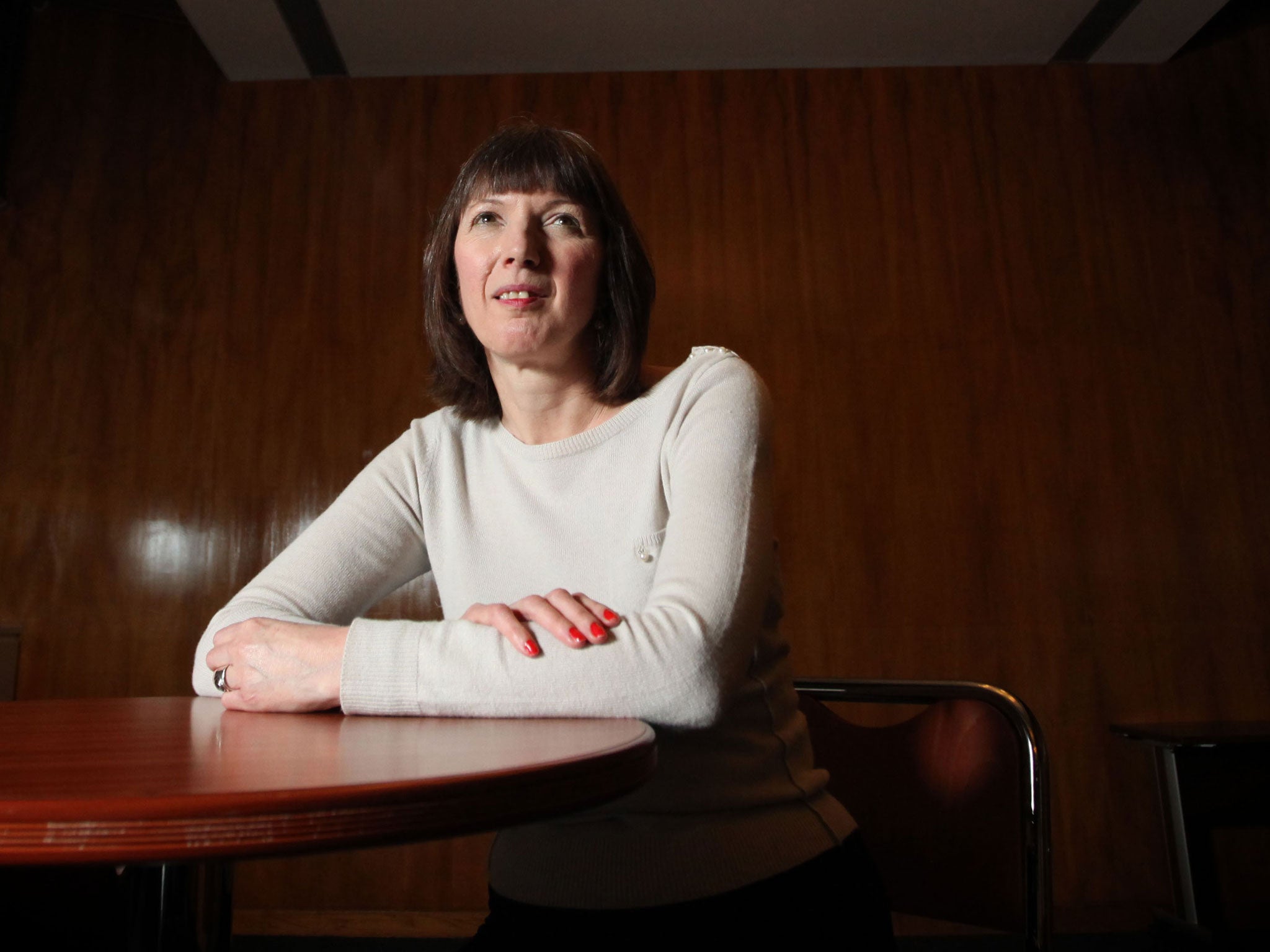'Time for quotas' to put women in top jobs
First woman to head the TUC demands help to counter the old boys' network

The dearth of women at the top of British companies can only be addressed by introducing boardroom quotas, according to the first female general secretary of the TUC.
In an outspoken interview with The Independent, Frances O'Grady said that women executives needed "extra help" to combat a cliquish male culture that still favours underqualified men. "We need to break down the group-think that is too evident in boardroom decisions," she said. "Frankly some of the men who are there didn't get there on merit either."
The intervention of Ms O'Grady, who takes over as head of the Trades Union Congress in the new year, will push the controversial issue of employment quotas for women back up the political agenda.
David Cameron has said he wants to see more women on boards "preferably without having quotas", and Britain is leading resistance to a proposal from Brussels for a female quota of 40 per cent on the boards of listed companies.
Two of the highest profile female FTSE directors have recently resigned – the Pearson chief executive Marjorie Scardino and Anglo American mining boss Cynthia Carroll – and studies indicate that just one in 10 executive boardroom appointments currently goes to women.
The setbacks to gender equality at the top of British business comes at a time of broader concerns about the plight of women across the workforce, with George Osborne's austerity measures taking a disproportionate toll on female employees, who fill many of the lowest-paid public sector jobs.
Ms O'Grady said: "I support quotas. I suspect some of the successful women who oppose them are just terrified of the idea of women being judged of having got into a position of power through extra help.
"I sympathise with that. But I've had loads of help from women and men. I think it's really tough for women to get to the top of any tree and usually you will find they have got some very good friends to support them especially if they have got families to look after."
Ms O'Grady, who brought up her now-adult children as a single mother, added: "I support it as a principle because it is the right thing to do.
"This idea that everybody gets there on merit as opposed to having someone tap them on the shoulder – it's wrong. Some men have had some extra help and I'd suggest it is still a case of who you know rather than what you know." Ms O'Grady also called for employees to be given representation on company boards, as is the case in Germany, Europe's most successful economy, as a way of increasing female representation. She said: "I was at an OECD event in Germany and it was clear that the best way for a woman to get on to a board even there was through their union. Because workers have representation women have more chance of getting a place at the table.
"What I would say is that although I support women in business, I am just as concerned about the shop workers who sell them their suits, about the teachers who teach their children and the cleaners who clean their offices."
Despite trade union membership dwindling to just below 6m, Ms O'Grady said the movement had "an historic opportunity" to take advantage of rising public anger amid a string of banking scandals and the Government's austerity programme.
"We know there are millions of people who say they'd like to join a union but there is no union in their workplace. We also know that, stunningly, there is huge support among young people for unions, which is very interesting. If they're not unemployed they are likely to be in low paid work, segregated into particular industries and jobs where traditionally it is very hard to organise. They feel very, very frustrated about their futures and have real empathy with union values. Capitalising on that is a big challenge."
Looking to the next two or three years she said: "There is this feeling that there is this little clique, an elite across the business and political class who don't know what it's like to worry about the bills coming in, who don't know what it's like to have adult children who are really well qualified but cant get a decent job... Who also don't always get that very deep sense of injustice that we saw with the Starbucks, Google, Amazon fiasco. The sense that paying tax if you're a wealthy individual or a big corporation is a matter of negotiation whereas for the rest of us, those who are lucky enough to have a job, it's PAYE."
Firls 'still being pushed to put child-raising first'
A generation of girls is still being brought up to believe that raising children is more important than their own ambitions, a leading headmistress warns today. Young women need to learn that they have options in life, and should be free to make decisions, according to Hilary French, the incoming president of the Girls' Schools Association. She said girls' schools can help pupils to "be strong in making decisions, and secure in the rightness of the decision".
Subscribe to Independent Premium to bookmark this article
Want to bookmark your favourite articles and stories to read or reference later? Start your Independent Premium subscription today.

Join our commenting forum
Join thought-provoking conversations, follow other Independent readers and see their replies